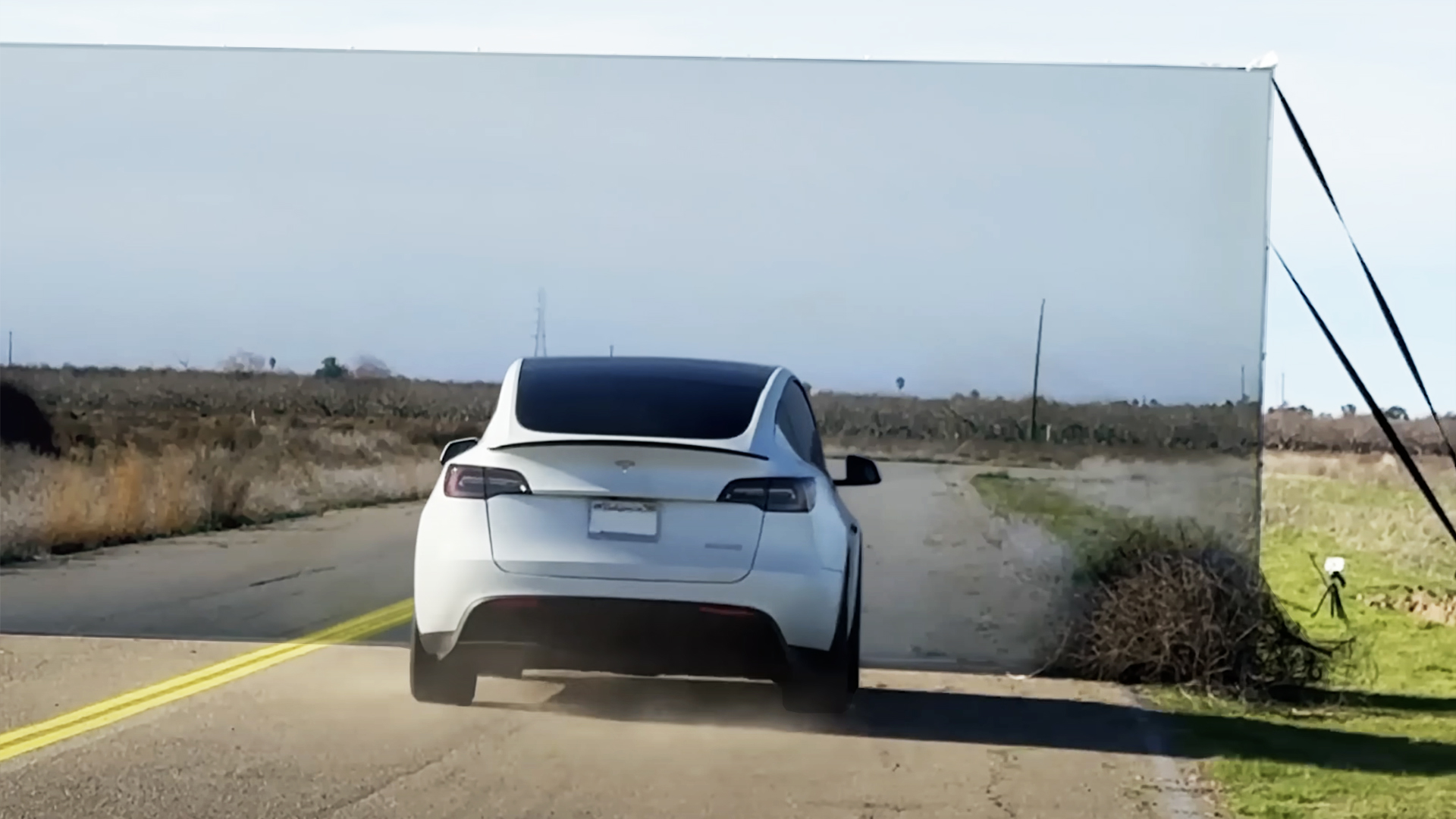I’m not an electric car guy but this sounds interesting
Super E-Platform offers 400km of range from just five minutes of charging

www.independent.co.uk
These sorts of mostly-clickbait articles keep popping up again, and again, and again, and they seemingly appeal to those with the "petrol station mentality".
Most of the time (97%) my EV trickles its way to 80% state of charge overnight while I'm sleeping. I don't care how long it takes.
400 km worth of driving in my ordinary-sized Bolt at as-advertised consumption would use 64 kWh (full battery capacity). Doing that in one-twelfth of an hour would require 768 kW of charging power. If it's doing that at 800 volts (call it 768 volts for easy math) that would require 1000 amps of current. That's twice what a CCS1 charging socket is rated at. More current would require bigger plug and heavier cable and more cooling, and some people already complain about the size and weight of the charging cables at high-powered DC fast-charging stations. Not going to happen.
If you use existing charging station capacities (350 - 400 kW, basically up to 500 amps at up to 1000 volts with limits on the total power) then it would take 10 minutes instead of 5. Meh.
"Actual EV owner here". You DON'T NEED these insanely fast charging speeds if you
think about charging differently. It's not like filling up a petrol car where you are tied to holding the nozzle the whole time the thing is filling up. You get the charge going, you
go do something else, and the car is done when you come back. Have lunch. Have a coffee. Visit the washroom. Stretch your legs. After 4 hours in the car, stopping for 10 minutes (or even 20 or 30 minutes) is not the end of the world.
Very fast charging speeds are, mostly, a "would be nice". What would be a potentially useful improvement is for the charging curves to improve, particularly as the battery nears full, so that it doesn't slow down so much as it nears full.
That would be nice.
PrivatePilot's Hyundai is supposed to do 20% (or is it 10%?) to 80% in 18 minutes at a 350kW charging station. I would call that good enough. And it's existing technology that you can buy today.
Heavy-duty vehicles that are expected to be on the road all the time are a different matter, but even then, commercial drivers have mandated break times, and as long as the vehicle (mostly) fills up within the break time, that's more-or-less as fast as it "needs" to go, with anything beyond that being a "would be nice".

 www.thedrive.com
www.thedrive.com



















